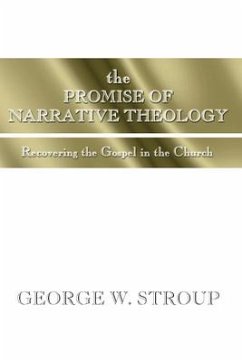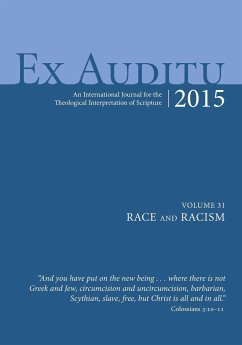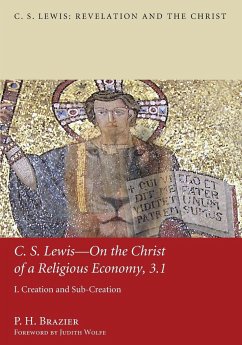Biblical prophecy has always been an important topic of discussion for scholars, clergy and laity alike. But understanding the language of prophecy, partly because of its symbolic features, is often difficult. Philip Hughes believes that Old Testament prophecy is to be interpreted in light of its fulfillment in the New, since God's covenant can only be understood in relation to the unique person of Christ. As the apostle Paul says, All the promises of God find their yes in the Son of God. Hughes begins by examining the earliest promise recorded in the Bible, and continues through God's covenants with Abraham, David, and Moses, to the great and perplexing prophecies of the Book of Revelation. After presenting various viewpoints, he proceeds to outline that position which he thinks is most in line with the teachings of the New Testament. His thoughtful discussion of various schools of interpretation should be helpful in explaining the much-debated meaning of Revelation 20. This exegesis, which will be useful to serious students as well as those engaged in less structured study of the Bible, demonstrates the continuity of prophetic meaning in Old and New Testaments and emphasizes the importance of prophecy for us today.
Hinweis: Dieser Artikel kann nur an eine deutsche Lieferadresse ausgeliefert werden.
Hinweis: Dieser Artikel kann nur an eine deutsche Lieferadresse ausgeliefert werden.








